When you picture a computer programmer, what is the first image that comes to mind? Is it a successful adult with endless job opportunities? Computer engineers, software designers, and tech-related occupations in general continue to boom as more and more technology advances continue to emerge. Coding, the way we communicate with computers and build websites, apps, video games, and so on, is at the heart of these professions. It is another language, and it is vital in more than just tech-related fields. But why would we teach young children how to code? Coding is not just about career readiness. Learning to code develops life skills for even the youngest of elementary students.
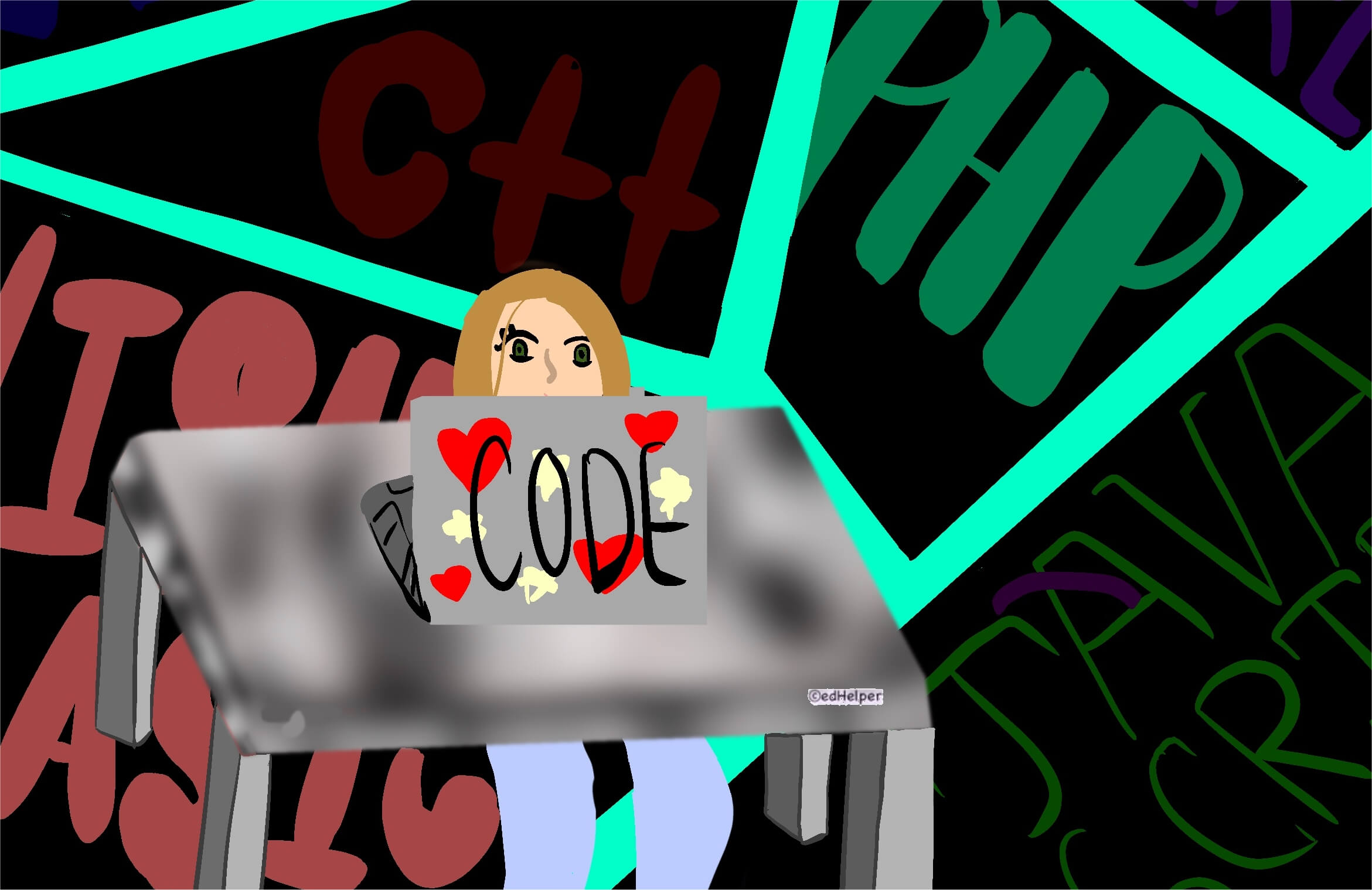
Start Teaching Coding to First through Sixth Graders Today with these Free Workbooks
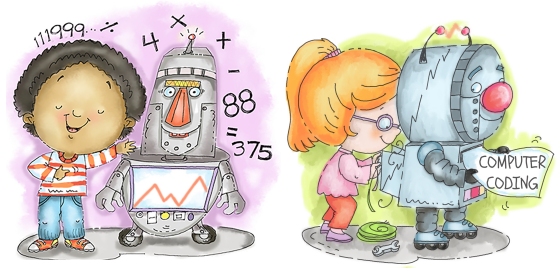
You've tried the hour of coding in your class, and the kids loved it. Kids don't learn to read in an hour, though, so how can you easily introduce them to more programming techniques and help them understand so that they can actually learn to code? We suggest these coding workbooks for kids that include math. These worksheets are different in that kids will begin to think like computers, learn to program, and at the same time, tackle some math to keep you on the curriculum. Will it hurt kids to enjoy some programming?
First Graders Learn To Code Workbook
Second Graders Learn To Code Workbook
Third Graders Learn To Code Workbook
Fourth Graders Learn To Code Workbook
Fifth Graders Learn To Code Workbook
Sixth Graders Learn To Code Workbook
Students Who Learn to Code Learn Computational Thinking, Logic, and Problem Solving
When coding, students are required to follow a methodical problem-solving process. They need to use logic and follow step-by-step procedures in order to achieve the desired outcome. Students must look at their end goal and then learn how to break that complex problem down into workable components. While these steps are necessary to successfully code, they are also necessary to successfully navigate life. The skills developed in coding carry over to all subjects. Need to write a big essay? Ok, let's start with your three main points and break each one down into paragraphs. Have a huge math test next week? Ok, look at each standard being assessed and focus on it one at a time.
Students Who Learn to Code Learn To Anticipate and Avoid Problems
Students who code are always thinking a few steps ahead in a process. They anticipate what could go wrong with their code and avoid those pitfalls. If their desired outcome is "x," they are able to think of the steps necessary to ensure "x" happens and learn to see and avoid anything that may stop it mid-motion. This isn't just crucial to coding. This life skill prepares students for the real world as they learn to think through desired outcomes, potential roadblocks, and the best way to avoid unwanted consequences.
Students Who Learn to Code Learn To Develop Algorithmic Thinking
In order to code, students must define clear steps to solve a problem. This requires sequencing, repetition, and conditional logic. They see this in math when learning long division. Coding helps them learn to break down a problem and see solutions as step-by-step procedures.
Students Who Learn to Code Learn To See Math in Action (and See That It's Fun!)
Coding is a practical application of math. Coding statements usually involve a mathematical expression that needs to be resolved in order for a program to move forward. It also helps them learn to organize and analyze data and strengthen their calculation skills. They get to do all of this while creating their own code! This helps them see math in action, with the added perk of creativity.
Students Who Learn to Code Learn To Develop Lifelong Skills
When students learn to code, they are learning perseverance. It is an iterative process of creating, revising, and rewriting in order to get the code just right. They are also learning collaboration and communication skills. When they work with a partner or team, coding helps students develop the life skills necessary to communicate with friends and eventual co-workers effectively. It teaches them to collaborate, learn from each other's ideas, make suggestions, and operate as a team to win!
Students as young as seven have the logical and critical thinking skills necessary to learn coding, but where should they start? Students as young as five can begin the process.
Coding Unplugged
Coding may be a technology language and skill, but that doesn't mean you have to start the process on a computer. From folding origami to hopscotch games, there are countless unplugged coding activities you can do with your students of all ages. You can also make basic coding a game. Common household items like a deck of cards or LEGOs can be used to play simple and engaging games that teach coding basics. Coding can even be incorporated into music, visual arts, and other enrichment classes.
Coding with Math
Since coding helps solidify math skills, why not introduce coding with math? These printable Coding Math Workbooks can introduce coding concepts in fun and engaging ways while mixing in math review and spiraling additional concepts and standards.
Take advantage of the Hour of Coding
Every year during Computer Science Education Week, educators encourage students to participate in an hour of coding activities. Designed to be entertaining and to take away the "complicated" stigma of coding and computer science, these activities don't have to be reserved for December. Check out more than ten free coding activities you can use during Hour of Code or throughout the year.
You can begin teaching your students to code now! Don't wait until you feel like a coding expert. Don't feel like you need to know all of the ins and outs of tech talk before tacking the topic. Give yourself permission to learn alongside your students. No matter which grade level you teach, there are vast benefits to bringing coding into the classroom. You may start small, but one step at a time is the literal name of the coding game. Get started today and watch your students soar!
Trending
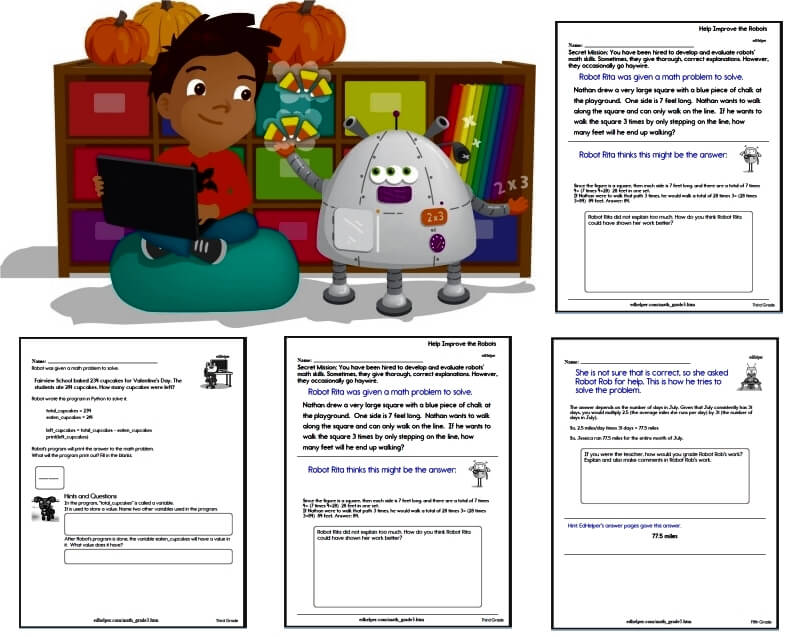
Daily Math Practice
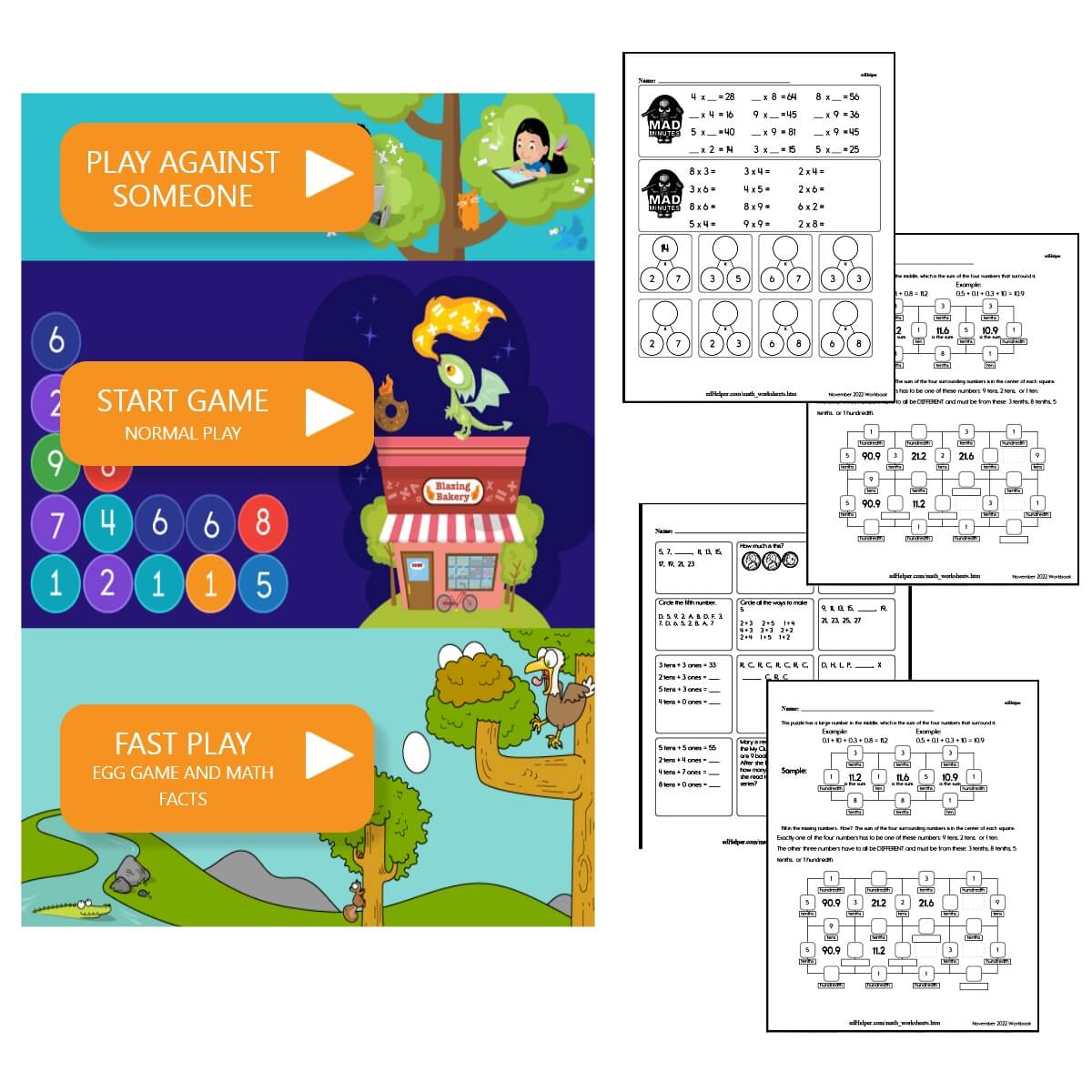
Math Homework for Generation Alpha
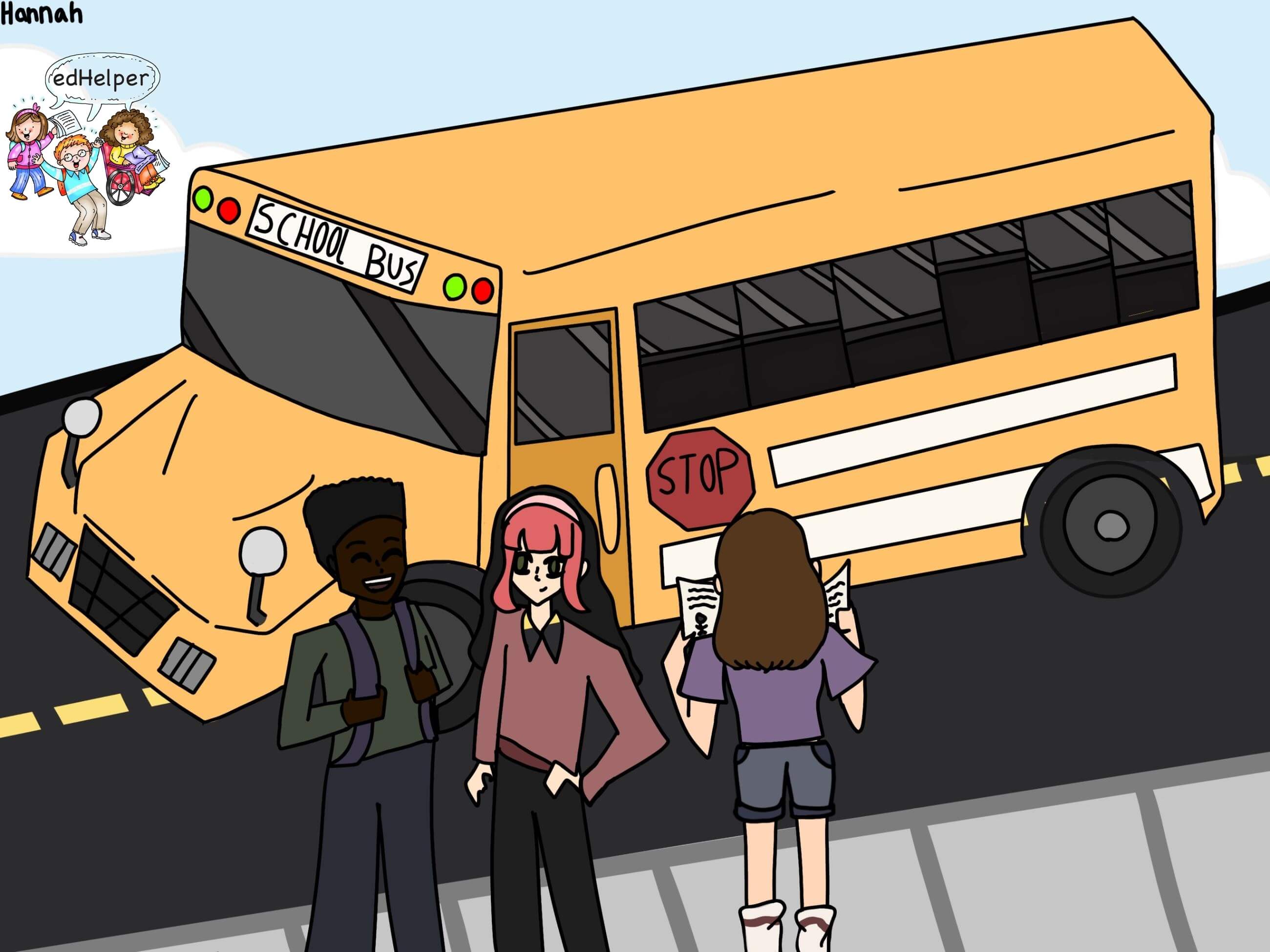
Freebies for Busy Teachers
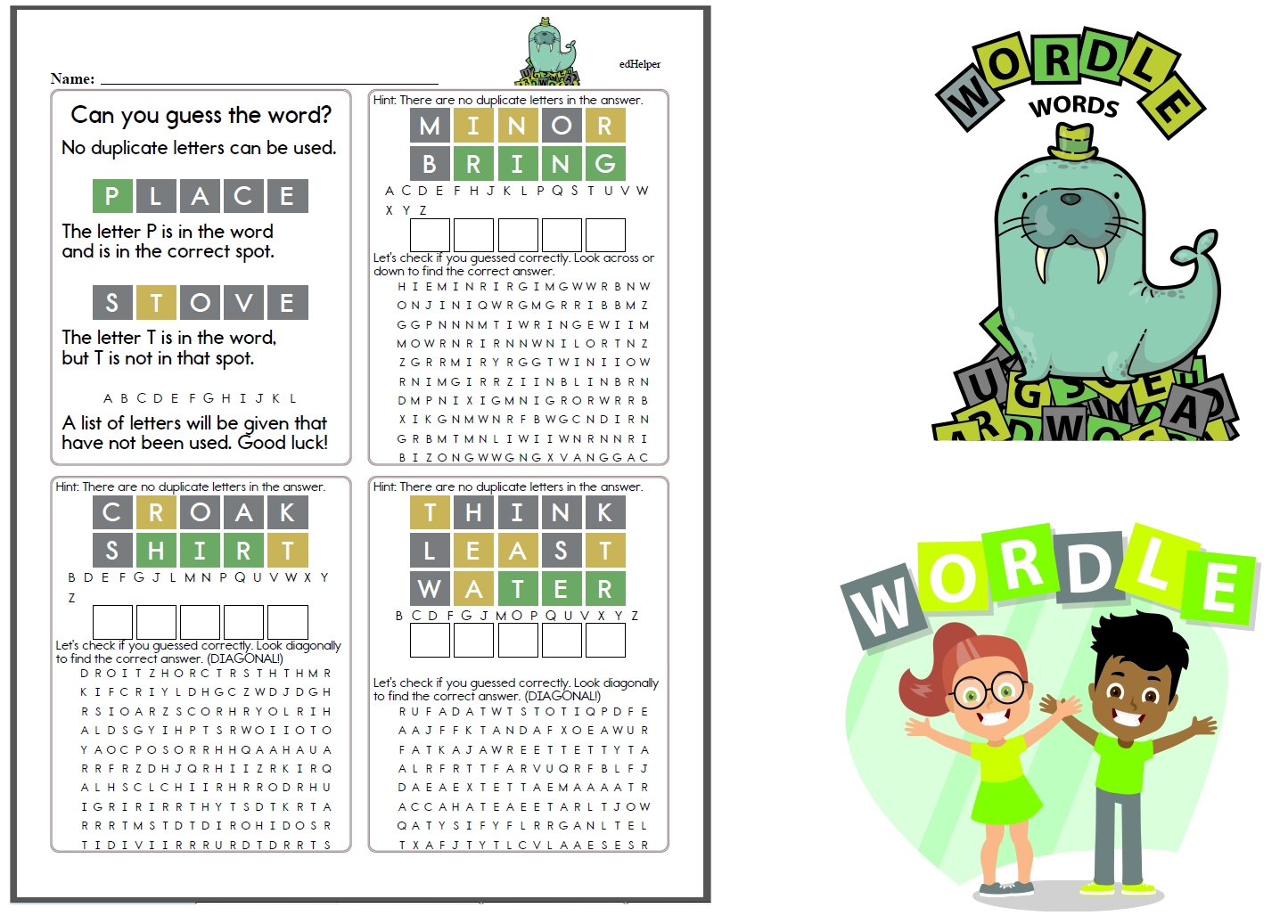
Wordle Worksheets

Mental Math Task Cards
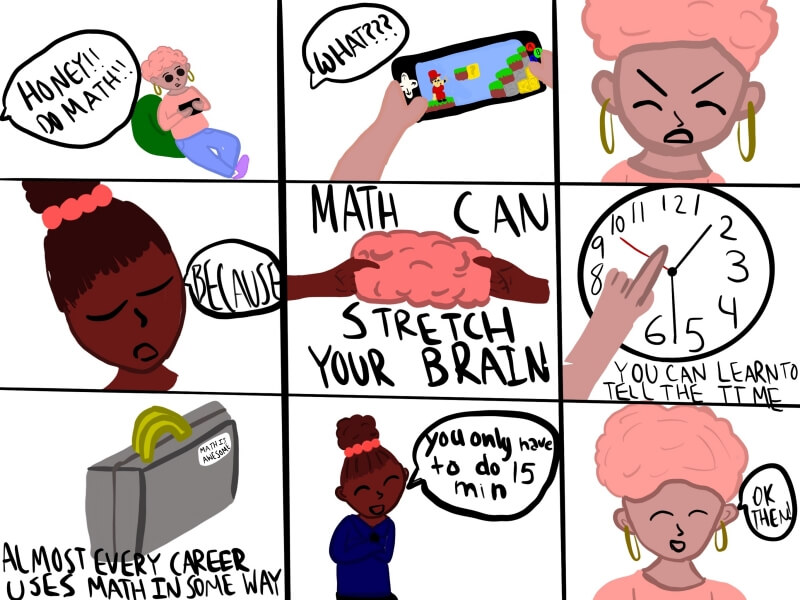
Elementary School Children Don't Get Enough Math Practice at Home
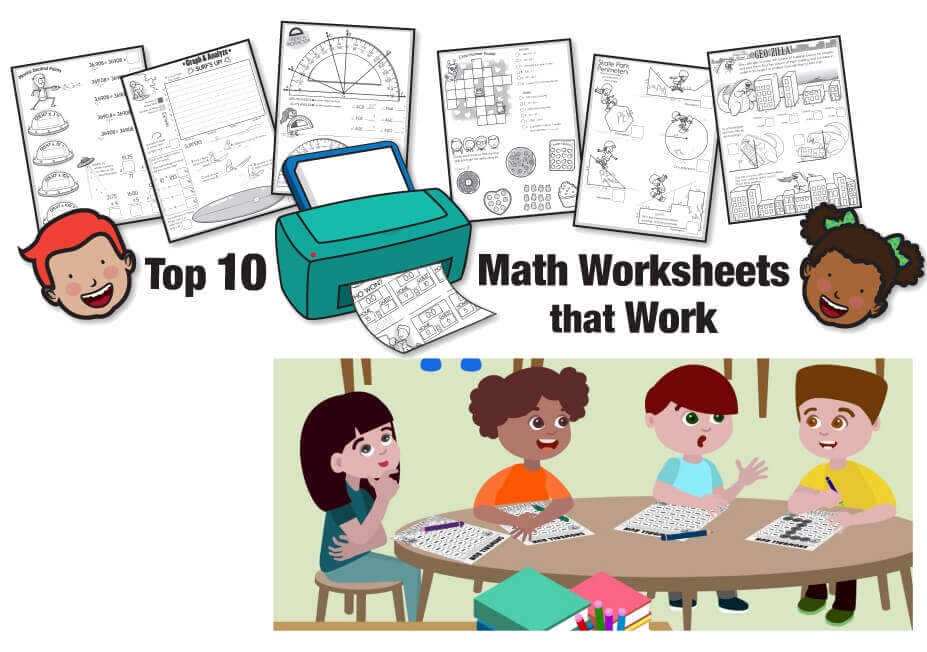
10 Math Worksheets That Work for Teachers (Free Printables)
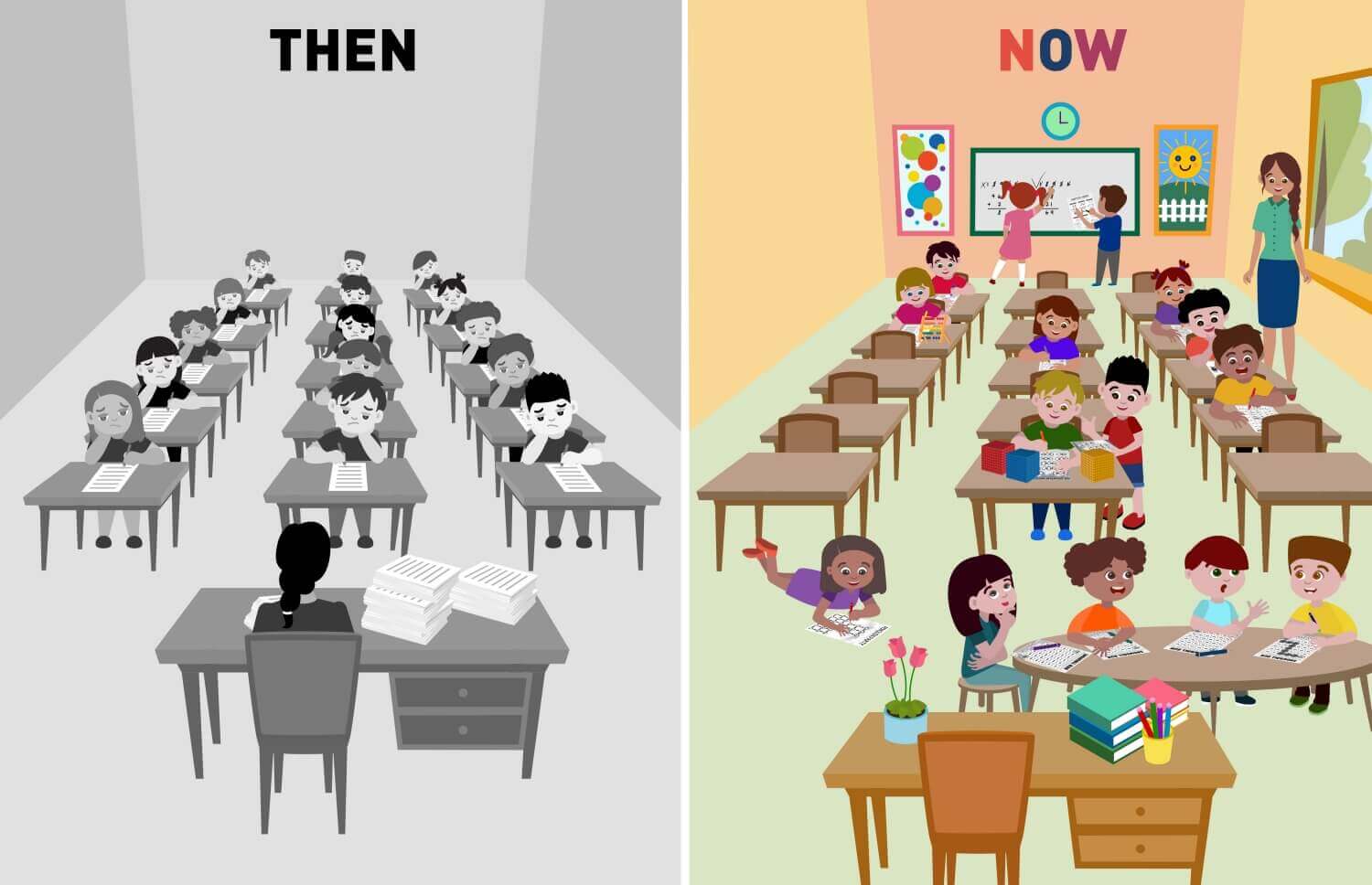
Do Math Worksheets Really Work? What We Found May Surprise You.

Best Teaching Ideas
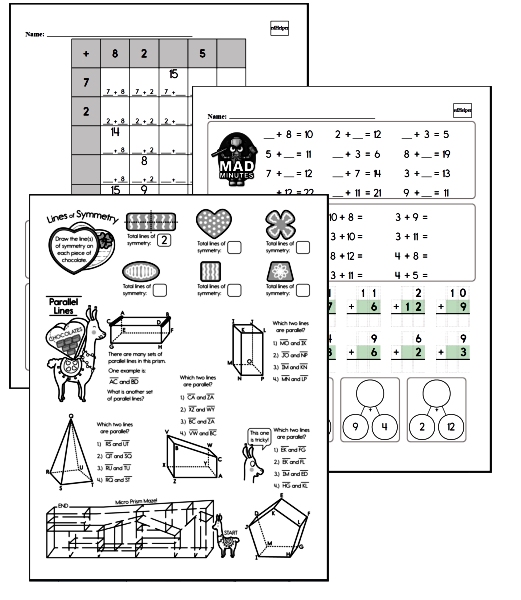
Math Worksheets
Free Math Worksheets - No Login
Kindergarten Jumbo Math Worksheets PackFirst Grade Jumbo Math Worksheets Pack
Second Grade Jumbo Math Worksheets Pack
Third Grade Jumbo Math Worksheets Pack
Fourth Grade Jumbo Math Worksheets Pack
Fifth Grade Jumbo Math Worksheets Pack
Sixth Grade Jumbo Math Worksheets Pack
Middle School Jumbo Math Worksheets Pack
